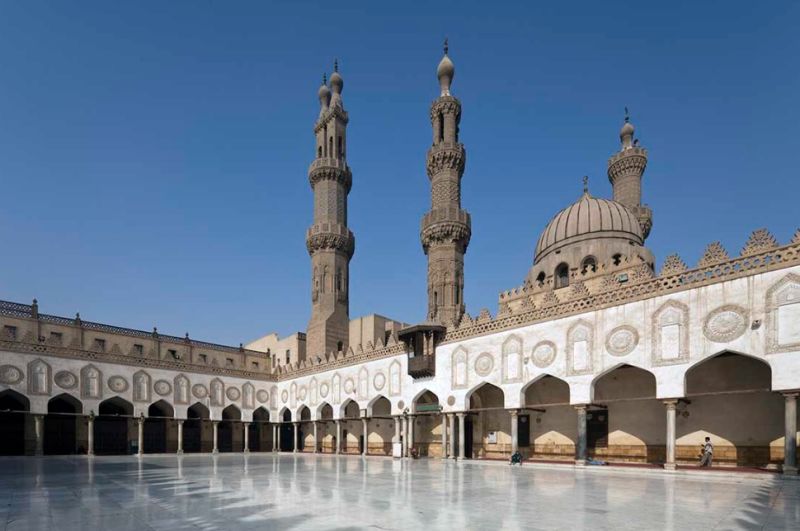Al Azhar Mosque: The Beacon of Islamic Knowledge in Cairo
A Timeless Symbol of Faith, Architecture, and Education Since 970 AD
Al Azhar Mosque, located in Cairo, Egypt, is one of the most renowned Islamic institutions in the world. It holds great historical, cultural, and religious significance, serving as a center of learning, worship, and intellectual discourse within the Muslim world. With its rich heritage and architectural splendor, Al Azhar Mosque stands as a symbol of Islamic civilization and education.
The mosque's origins can be traced back to the year 970 AD when the city of Cairo was established as the new capital of Egypt by the Fatimid Caliphate. The mosque was commissioned by the caliph, Imam Al-Mu'izz li-Din Allah, who sought to create an institution that would promote Islamic scholarship and serve as a focal point for religious education. Under the guidance of the caliph's chief architect, Badr al-Gamali, the construction of Al Azhar Mosque began.
Al Azhar Mosque's architectural style reflects the influences of various periods and dynasties that have shaped Egypt's history. The original structure was built in the Fatimid architectural style, characterized by its grandiose entrance, minaret, and large central courtyard. Over the centuries, subsequent rulers and dynasties made additions and renovations, blending different architectural elements into the mosque's design. As a result, the mosque showcases a harmonious blend of Fatimid, Mamluk, and Ottoman architectural styles.
The mosque complex consists of several components, each serving a specific purpose. The main prayer hall, with its vast space and elegant columns, can accommodate thousands of worshippers. The mihrab, a niche in the wall indicating the direction of Mecca, is intricately decorated with Quranic inscriptions and geometric patterns. Adjacent to the prayer hall is the minbar, an elevated pulpit from which sermons are delivered.
Beyond its religious functions, Al Azhar Mosque houses several educational institutions. Al Azhar University, founded in the 10th century, is one of the oldest universities in the world, specializing in Islamic studies and Arabic language. It has played a crucial role in shaping Islamic scholarship and has attracted students from different parts of the Muslim world. The university's reputation for academic excellence has made it a leading authority in Islamic jurisprudence and theology.




